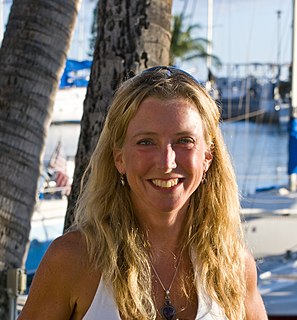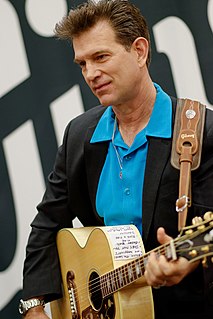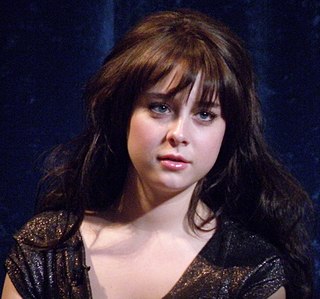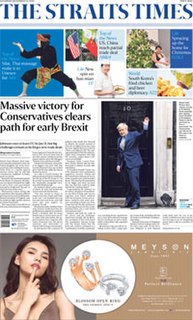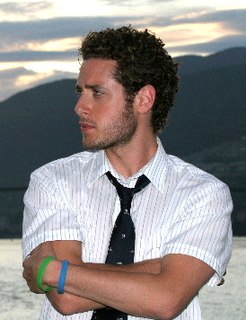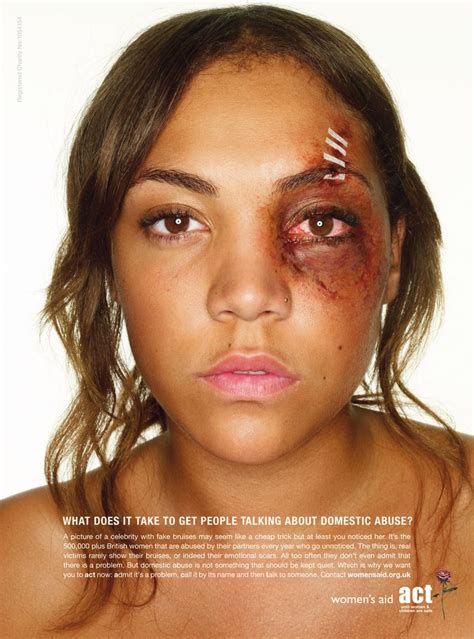A Quote by Roz Savage
I was the child at school in second-hand or handmade clothes and, as I grew older, I craved material wealth, a big house and designer clothes.
Related Quotes
Don't be overwhelmed by a man's fancy car, fancy house or fancy clothes. It's really the person inside the care, house and clothes that matters. By the same token, don't be underwhelmed by a less-than-fancy car, house or clohtes. Women can earn the car and house themselves, and you can always buy your man nice clothes, too.
Fashion museums think the more you know about the significance of clothes culturally, the more interesting they are. We certainly don't neglect the aesthetic aspects of clothes. But, I feel that what sets us apart from social, economic, and even aesthetic, or art historical context is that we are not only talking about clothes as kind of art objects created by an artist designer, but also we're talking about the various meanings that clothes have in the world, and how that changes and how we kind of create meanings around clothes.
When we moved to England in 1986, I was ten years old and I didn't know anything about punk or hip hop. The only words I knew in English were 'dance' and 'Michael Jackson.' We got put in a flat in Mitchum, and the council gave us second hand furniture, second hand clothes and a second hand radio that I took to bed with me every night.
